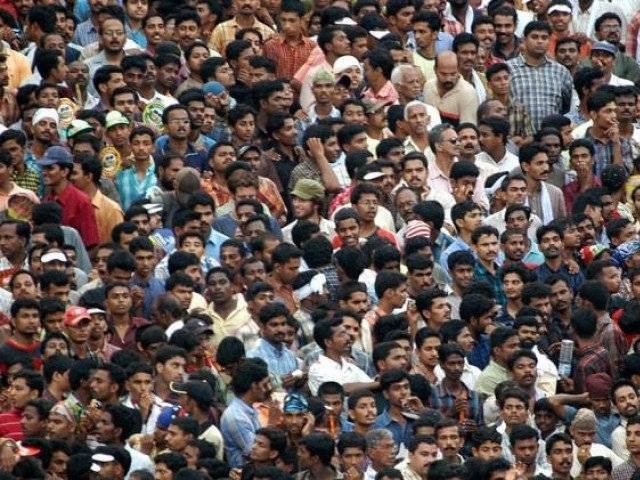Rise of fascism in Pakistan
It is not democracy producing more democracy, but fascism promoting more fascism

It is not democracy producing more democracy, but fascism promoting more fascism. PHOTO: FILE

But where do I get the idea of rising fascism in a ‘democracy’ when we have legitimate, elected government, doing so well in the interest of the country and of course the people? First, there is a collapse of social order, and in its place we see an emerging anarchy, lawlessness, and loss of values. Second, we have been witnessing some frightening political beliefs that have been in the making—glorification of medieval Muslim kingdoms in the subcontinent, the lost Muslim glory, great periods of conquest and expansion. Third, we have seen how the idea of great leader and unbounded reverence to him has been practised in the religious dharna. The mainstream leaders have also created and lived by the personality cult. Fourth, at the popular level, there has always been a strong longing for a strong leader to get things right, fix the internal and external enemies and enforce an order. Fifth, the certitude of the politics of Islam, the way it is seen and interpreted by the religious groups. This idea of ultimate truth squeezes out pragmatic politics and even democratic freedoms, mentioned in the Constitution.
Finally, there are myths associated with the idea of Pakistan, its creation and rationale—the country was created in the name of Islam. Every major political leader and party and the military rulers, with the exception of Ayub Khan, have sustained this myth. It has been raised to the level of ‘undisputed’ ideology of Pakistan. The myth gives legitimacy to every wrong that is done by both the religious and other fascists in the name of Islam. It is not democracy producing more democracy, but fascism promoting more fascism.
Published in The Express Tribune, December 27th, 2017.
Like Opinion & Editorial on Facebook, follow @ETOpEd on Twitter to receive all updates on all our daily pieces.














COMMENTS
Comments are moderated and generally will be posted if they are on-topic and not abusive.
For more information, please see our Comments FAQ